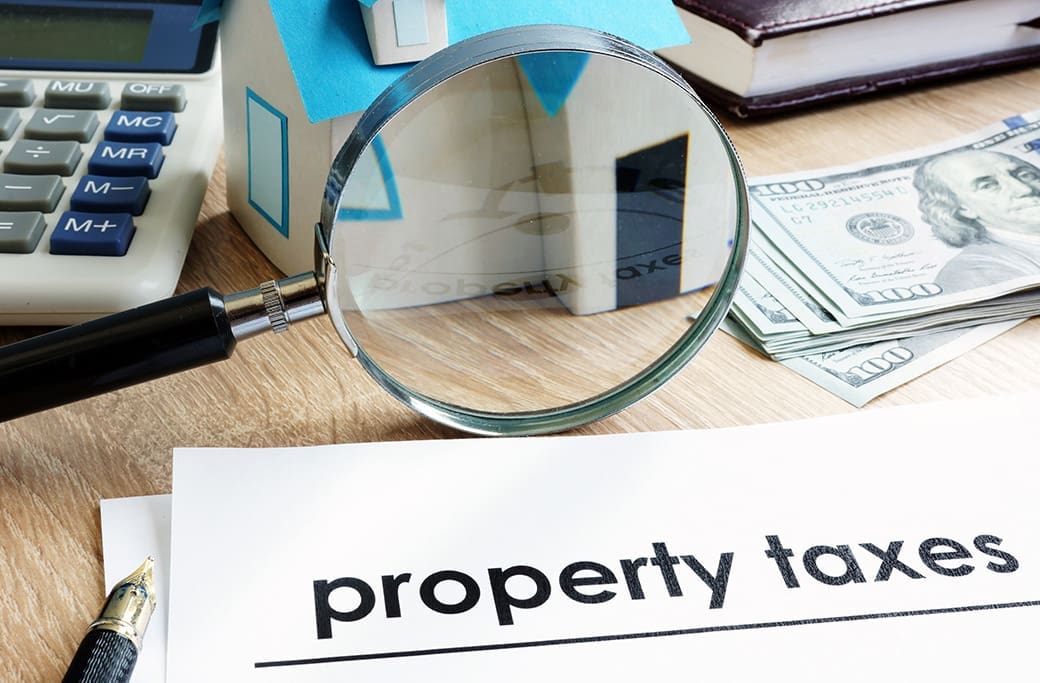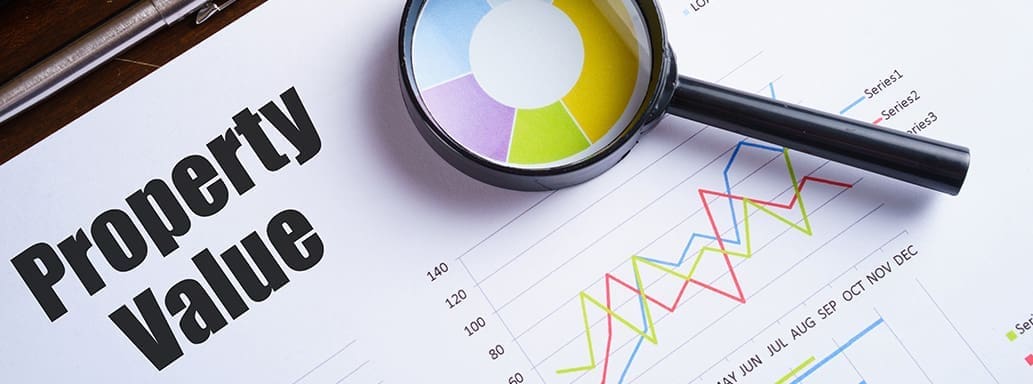
Buying a home is a major milestone, but understanding the financial implications of homeownership goes beyond securing a mortgage. One crucial element that often catches new homeowners off guard is property taxes. Gaining insight into how these taxes are calculated and learning strategies for effective management will help you steer clear of unexpected surprises in the future. Whether you’re a first-time homebuyer, a real estate investor, or an existing homeowner, understanding property taxes and other financial aspects is essential for successful homeownership.
What are Property Taxes?
Property taxes are assessments imposed by local governments, calculated based on your property’s value. These taxes fund essential services such as public schools, police departments, and road maintenance. Calculation methods vary by location, but they typically involve multiplying the assessed value of your property by the local tax rate.
Understanding property taxes is crucial because they can significantly impact your overall cost of owning a home. The amount you owe can fluctuate based on changes in your property’s assessed value and adjustments to local tax rates. Being well-informed about how property taxes work will help you anticipate your expenses better.
Knowing the specifics of your property taxes can also be beneficial when you negotiate your home purchase. In some cases, sellers may agree to pay a portion of the property taxes to close the deal, making it a win-win situation for both parties.
Factors That Affect Property Taxes
Several factors influence how much you’ll pay in property taxes each year. The most significant of these is your property’s assessed value. Local assessors evaluate properties periodically to determine their market value, which directly affects your tax bill.
Location is another key factor. Property tax rates can vary dramatically from one municipality to another. Areas with higher demand for public services often have higher tax rates to fund these amenities.
Exemptions and abatements can also reduce your property tax liability. Many jurisdictions offer tax breaks for specific categories of property owners, such as seniors, veterans, or low-income families. Understanding what exemptions you qualify for can save you a substantial amount of money annually.
Understanding Your Tax Bill
Your property tax bill might seem confusing at first glance, but breaking it down into smaller parts can make it easier to understand. Typically, your tax bill will include sections that detail the assessed value of your property, the tax rate applied, and any exemptions or abatements that have been applied.
Make sure to review your bill carefully to ensure there are no errors. Mistakes in property assessments or tax calculations are not uncommon and can lead to overpayment if left uncorrected. If you spot any discrepancies, contact your local tax assessor’s office for a reassessment.
Understanding each component of your tax bill also allows you to see exactly where your money is going. Most tax bills include a breakdown of how the collected funds are allocated among various public services, giving you a clear picture of the community benefits your taxes support.
Strategies for Managing Property Taxes
Managing property taxes effectively can save you money and reduce financial stress. One of the most effective strategies is to take full advantage of available exemptions and abatements. Research your local tax laws to find out which exemptions you qualify for and apply for them promptly.
Appealing your property’s assessed value is another way to potentially lower your tax bill. If you believe your property has been overvalued, you can file an appeal with your local tax assessor’s office. Be prepared to provide evidence, such as recent sales of similar properties in your area, to support your claim.
Understanding local tax laws can also help you optimize your property tax liabilities. For instance, some areas offer tax incentives for making energy-efficient upgrades to your home. Taking steps to qualify for these incentives can reduce your tax burden while increasing the value of your property.
Other Financial Considerations
Beyond property taxes, there are other financial responsibilities associated with homeownership that you should be aware of. Homeowners insurance is essential to protect your investment against unforeseen events such as natural disasters or theft. Shop around for policies to find the best coverage at the most affordable price.
Homeowners Association (HOA) fees are another consideration if you live in a community governed by an HOA. These fees cover the cost of maintaining common areas and amenities, but they can add a significant amount to your monthly expenses. Make sure to factor these costs into your budget when considering a home purchase.
Utility costs can also vary depending on the size and location of your home. Energy-efficient appliances and home improvements can help reduce these costs over time, providing you with both immediate and long-term savings.
What You Need to Know About Property Taxes and Homeownership
Understanding property taxes and properly planning for other homeownership expenses can make the difference between financial stability and unexpected hardship. By knowing how property taxes are calculated, recognizing the factors that influence them, and employing strategies to manage them effectively, you’ll be better prepared for the financial responsibilities of owning a home.
If you’re ready to embark on your homeownership journey consider partnering with The Ginther Group. Our team is dedicated to guiding you through every step of the buying process, ensuring you understand your financial responsibilities and helping you make informed decisions. Don’t hesitate to reach out today for a consultation; together, we can turn your real estate dreams into reality!





